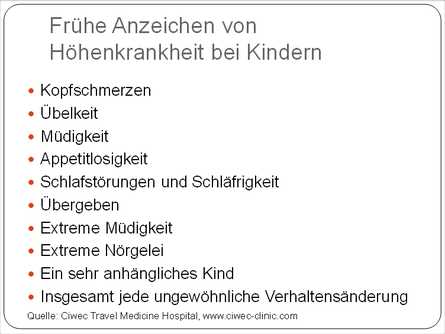
Already in preschool age affected children can be noticed by uncertainties in mathematical contexts. They often find it difficult to allocate quantities and state ratios correctly (“more, bigger”) and to read and count the clock. After enrollment are usually clearer symptoms visible. Among other things, the following abnormalities might indicate a calculation weakness:
- Learn more by heart than understand mathematical principles: Children with dyscalculia have a wrong logic, systematics for mathematics. They often struggle with “translating” word problems in numbers and have problems understanding mathematical logic. Calculation steps do not open up for them, the children memorize them instead of understanding the principle.
- Count on fingers slowly and for a long time: Dyscalculia children are usually noticed by performing tasks much more slowly than their classmates and prefer to work with counting aids such as fingers, pencils or stones.
- Turn numbers: Numerals are often twisted or written in the direction of speech, for example 63 for “thirty-six”. Special problems make the distinction between 6 and 9.
- Problems counting backwards, shopping and watching clock: At school, dyscalculia students often come up because, although they are generally relatively easy to count, they can not count backwards and / or have difficulty in naming the neighbor numbers. Many children with dyscalculia show insecurity when dealing with money or when reading the clock.
In case of doubt do not hesitate to seek advice
As with the reading-spelling weakness, parents who suspect dyscalculia in their child are strongly advised to join Experts | To get in touch. The right contact persons are, for example, educational counseling centers, psychological practices or the school psychology service. The official recognition of a learning disability usually means a great salvation for the affected child. An early diagnosis enables the initiation of appropriate promotion measures and prevents stigmatization of the child in class. The days are over when children with a learning disability were stamped as class cubs and hardly got a chance to get a higher education. Today we know that reading-spelling weakness or dyscalculia need not stand in the way of good vocational training.
Before children one therapy – which is strongly recommended – the parents should inform themselves in detail and get various offers. In particular, they should check which therapist-relevant additional qualifications the therapist has.
Aids and materials for children with dyscalculia
Pupils with dyscalculia are all the more likely to gain access to abstract mathematics the more concrete their notions of numbers and quantities are. Therefore, computing materials are a blessing especially for these children, which are used more and more in elementary school education anyway. It is also worthwhile to buy one or the other auxiliary device for practicing at home or at home. For decades, good experiences have been made not only in Montessori pedagogy, for example with decimal cubes or computational blocks. Here are individual wooden cubes for one, rods for tens, plates for hundreds and a large cube for thousands. They illustrate the number space up to 1000 and the four basic operations.
According to the same principle, children work with wood chisels which, depending on the number from one to ten, are of different colors and have different lengths. They represent a classic help in learning the multiplication table.
MiniLÜK also has an extra help series for calculating weakness in the program.
Here parents and teachers find help
For example, parents and educators can find help from the German Association for Dyslexia and Dyscalculia (www.bvl-legasthenie.de) or from the Dyscalculia Working Group of the Center for Applied Learning Research (www.arbeitskreis-lernforschung.de)..
book tips
Further literature in matters of deer weakness offer among other things these books:
Related Posts
-

Back to school, a children’s game: checklist for the start
The memory of the first day of school is a lasting one for the whole life. In order for this drastic experience to be remembered, parents can prepare…
-

Hikes with children – 6 tips to make it work – 2-way website!
Hikes with children – 6 tips to make it work Hiking with children is great fun and more and more families are out and about with their offspring. But…
-

Study on School Life Balance: How much child can children still be? In conversation with parents, we often hear a problem that seems to upset many: Less…
-

JIM Study 2016: Books and General Media Usage April 7, 2017, 12:21 In the JIM study from 2016, twelve to 19-year-olds were interviewed in the period from…
